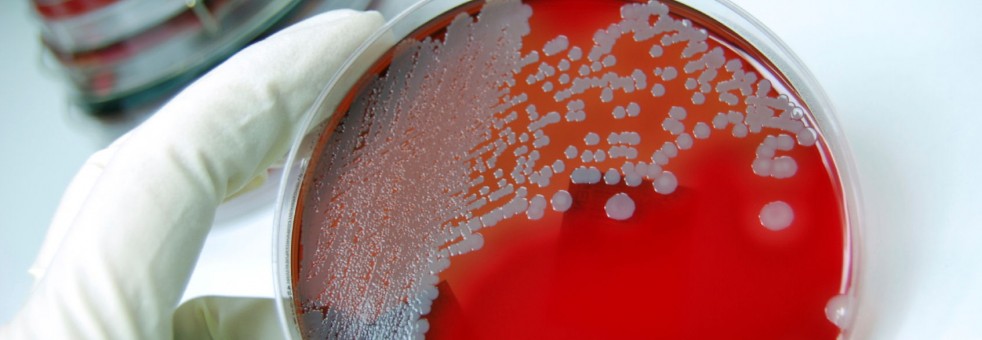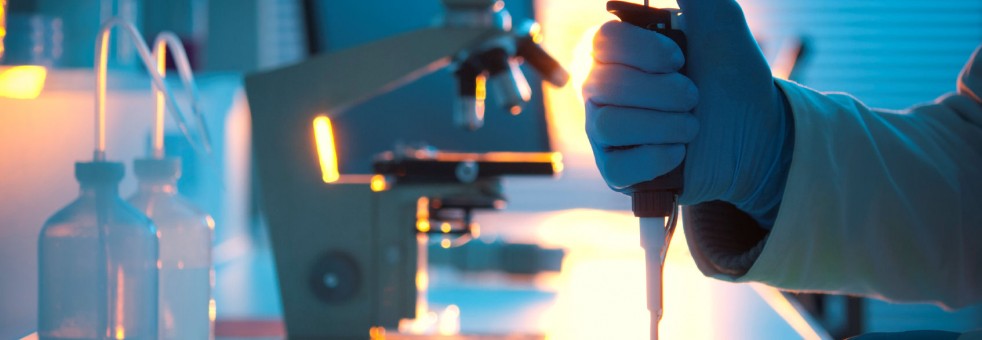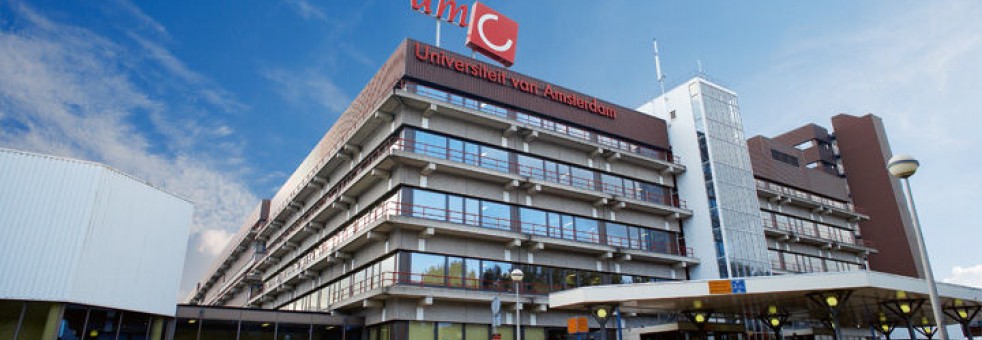Home>Professionals>Scientific research>I-PACE study
I-PACE study
Background
Meningitis and encephalitis still carry a high morbidity and mortality rate. Since the introduction of vaccines against the most common causative bacteria, the incidence of bacterial meningitis has substantially changed. Enterovirus and herpes simplex virus are thought to be the most common causes of viral meningitis and encephalitis respectively, varying in severity from mild disease to destructive encephalitis with permanent neurological sequelae and death. However, in the majority of patients with a clinical suspicion of meningitis and/or encephalitis no causative agents can be found. In recent years molecular diagnostic tests have been improved rapidly, making it possible to detect many more pathogens in CSF with a high sensitivity and specificity. Interpretation of these results for clinical relevance and implementation in routine laboratory testing is lagging behind, since systematic registration is missing.
Objective
This project aims to systematically determine the causes of meningitis and encephalitis in adults with suspected bacterial meningitis, and describe clinical and laboratory findings in these patients.
Study design
Patients of 16 years and older with a clinical suspicion of meningitis or encephalitis from whom cerebrospinal fluid (CSF) is obtained are eligible for inclusion. Leftover CSF will be analyzed for bacterial and viral pathogens. Furthermore faeces or rectal swab, throat-swab and/or nasopharyngeal aspirate or swab and blood samples will be obtained and screened for viral pathogens. Information on clinical characteristics and test results will be collected by means of a case record form.
Patient burden
For children and persons who are incapable of giving informed consent, the collection of blood will only be done in combination with a regular vena puncture for diagnostic purposes. No additional lumbar puncture is needed for this study. Collection of a nasopharyngeal aspirate or throat-swab and rectal swab can give some temporary discomfort. Participation in this study carries no additional health risks.















